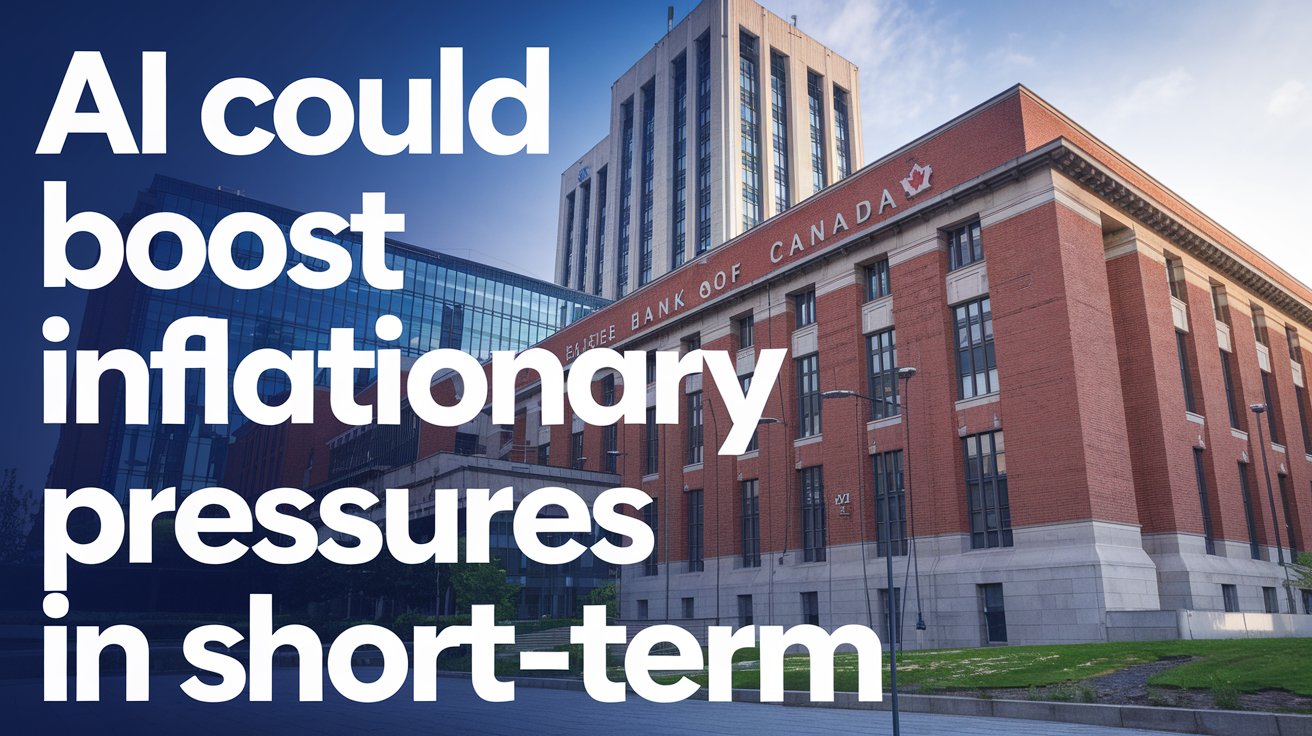
Bank of Canada Governor Tiff Macklem addressed the economic implications of artificial intelligence (AI) adoption at an AI conference in Toronto on Friday, emphasizing that while AI could enhance productivity, it may also contribute to short-term inflationary pressures. Macklem noted that the surge in AI investment is already positively impacting the economy, particularly through increased electricity demand driven by the construction of new data centers.
"In the short run, AI could boost demand more than it adds to supply through faster productivity growth," Macklem stated. He cautioned that this imbalance might lead to heightened inflationary pressures in the near future.
Central bankers are increasingly focused on how to leverage AI to improve their ability to forecast changes in consumer prices and employment, given their primary mandate to maintain stable and low inflation. Macklem stressed the importance of understanding AI's effects on workers, consumers, and the overall economy, particularly in a world that is becoming more susceptible to shocks.
Macklem pointed out that the Bank for International Settlements (BIS) recently advised central banks to embrace the benefits of AI, while also emphasizing the importance of human oversight in monetary policy decisions, especially regarding interest rates.
While he noted that there is currently no evidence of significant labor displacement due to AI, he acknowledged that the long-term effects of the technology are complex and difficult to predict. The Bank of Canada is in the early stages of incorporating AI into its operations, using it to forecast inflation, track economic sentiment, verify data, and enhance efficiency.
"When you enter a dark room, you don't go charging in. You cautiously feel your way around," Macklem said, describing the Bank's cautious approach to understanding AI's integration into the economy.
Last year, Canada launched a Voluntary Code of Conduct aimed at the responsible development and management of advanced generative AI systems, outlining best practices for companies engaged in this field. As the Bank of Canada continues to explore the implications of AI, Macklem's insights underscore the technology's potential to reshape economic dynamics in both the short and long term.